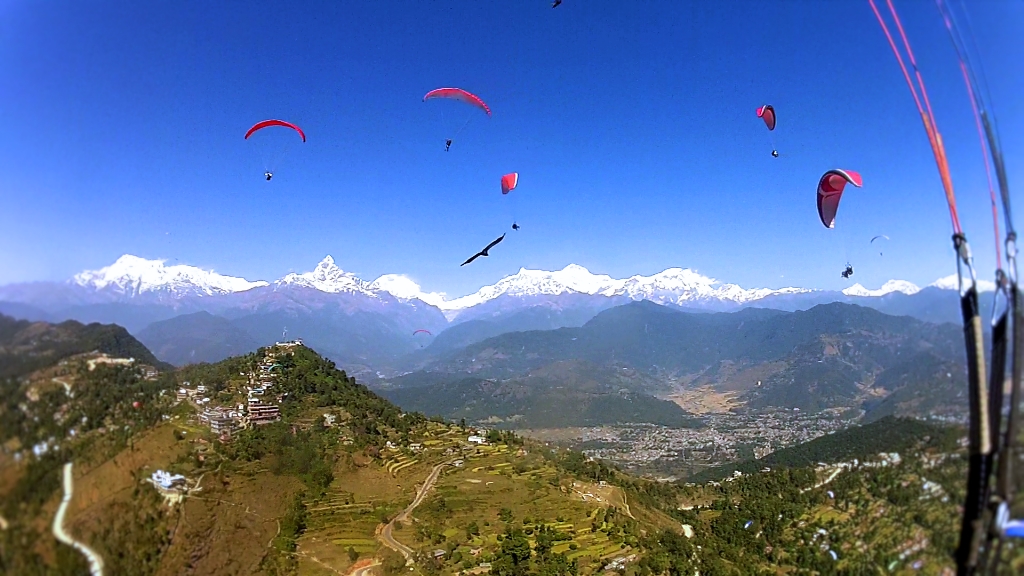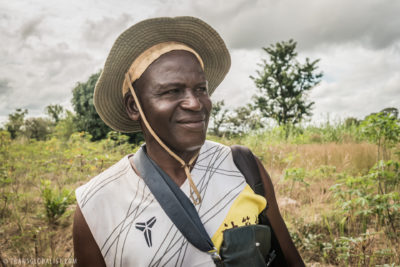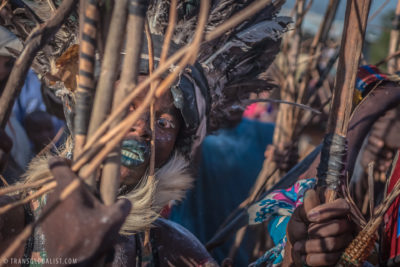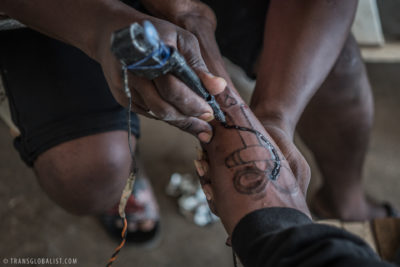[Pokhara, Nepal]
The time had come. My Indian expedition was at an end. Sooner rather than later I needed to make my way back from Himachal Pradesh to Nepal’s Kaski District–an awkward, 1500 kilometer kludge of bus and rail and taxi held together by spit, duct tape, and blind luck. Hoping to find a shorter, less painful path home I was willing to try anything.
Even magic.
And so I did. I tried. Really: with eyes closed and vistas conjured, I clicked my heels three times percussively together; intoned thrice the requisite incantation of affirmation and longing. But it didn’t work. Nothing did.
Turns out the Great and Powerful Oz was just an unconscionably prevaricating charlatan.
Bastard.
*****
I open my eyes, still in Bir, facing a grueling, 48-hour transportational beatdown. Pokhara, Nepal may not be Kansas, exactly, but it’s home. And it’s calling my name.
Making a final circuit of newly-acquired haunts, I bid what friends I can find a fond adieu. I throw my gear into the nearest taxi and head for the local bus stop with Punxsutawney Phil Sowerby–another Pokhara-dwelling expat with whom, by chance, I have booked identical Nepalwards passage.
Beatdown Round One is the five hour bus ride from Bir to the Punjabi railway hub Pathankot, bouncing and swerving chaotically alongside breathtaking, recently snow-dusted Himalayan backdrops. In the dying day’s last light Dharamshala and McleodGanj are framed perfectly below this endless line of cinematic peaks, implacable, disappearing eastwards and westwards enigmatically into perspective’s single, deceptive point. It’s dusk, and winter is clearly on its way.
Let’s call Round Two The PleaseShootMeNow Express, travelling from Who The Hell Knows to Who The Hell Cares, helpfully passing through the two points on the globe most useful to me at the moment–Pathankot, and our destination, Gorakhpur. While Phil guards the gear, I locate the station’s Parcel Office, haggle a bit with its predictably fussy bureaucrats, and deposit my beloved wheels for transport. We eat platefuls of redbeans and rice (with lots of raw red onion, to which I have lately become addicted) and wait. The PSMNE crawls into the station a mere 90 minutes behind schedule.
[Having Punxsutawney as travel companion was pure serendipity, but much appreciated: most of the grief encountered when travelling with bicycle and paraglider together was to be avoided entirely thanks to Phil’s presence.]
We quickly find and board the correct car (“S1”), sort our gear (read “pile our shit a full meter high in the center of the compartment”), and get ready for the kind of good night’s sleep one can only experience by rail–a guaranteed visit to dreamland courtesy of the lulling, rhythmic sounds, vibrations, and maternal rocking of the tracks; I’m out the instant head hits improvised pillow.
Hours later, folks begin to rouse and curiosity holds sway. Locals crowd around us–some hanging, literally, from bunks above–to practice their English, demonstrate their hospitality, and generally engage with us in the usual, exceptionally direct, Indian way. Most permute and pose The Four Questions, and some wonder why we are in the sleeper car with them instead of in one of the air-conditioned options with the other “rich” Westerners. (Q1: “Where are you from?”) Of the many who wander in and out of our cabin during the ride, some remain constant: our cabinmates–a delightful Grandpa & Grandma with their two grandkids and the kids’ Papa, and an Indian soldier stationed across the aisle, heading home on leave to see his wife and young daughter.
[Many visitors incorrectly, and uncharitably, mistake this Indian directness for rudeness, absurdly believing that there is some sort of global standard of decorum, that they understand its subtleties, and that righteous indignation in the face of its flouting is a badge of erudition, intellect, and moral superiority. Such visitors are morons of the worst sort, and would’ve been greatly offended by our Army friend, who constantly plied us with outright demands: answer my question, accept these snacks, drink this chai, take my picture, pose for my picture, and so on. With his broken English, he would not take “no” for an answer. Ever. On the other hand, this “pushy, rude Indian” was also dissatisfied until we had exchanged contact informationand he had issued a standing invitation to visit him and his family at their home. Finally, he refused to allow us to disembark without carrying several bags for us and standing guard on the platform until we had retrieved the others. Such stories are legion in India.]
The trip and our conversations (Q2: “Where are you going?”) are interrupted at each stop: underaged touts board the car, screaming their way down the aisles selling “samosas!” and “chai!” and “pani!” (bottled water) and soda and chips; in larger towns, platform vendors sell fresh, whole cucumbers lightly coated with a delicious mint & green chili chutney, while others–from the back of rickety wooden carts–create complexly-orchestrated mixes of nuts, beans, rice crisps, and spices topped with uniquely sub-continental pico de gallo. There is always more chai; ever more samosas.
These stations appear and disappear, but our new friends (Q3:”What is your name?”) are through-travellers like us. No one gets off or on. Later, in the waxing warmth of midday, energy wanes; attentions turn inward. People nap, attempt to wander about the car to stretch their legs, drift into silence. I fade in and out, cocooned in a moody selection of Bach and Pärt and Blonde Redhead and the second movement of Philip Glass’ Violin Concerto; Phil (Punxsutawney, not Glass) engages in some kind of SMS battle with a friend back in the UK, apparently without success. (Q4:”Are you married?” Which latter’s answer, “no,” universally precipitated the shocked, compound follow-up, “Why not?, how old are you?!”) And so goes the rest of the journey, in gently ebbing, quietly flowing tides of concentration and activity.
*****
We arrive in Gorakhpur well after dark. It takes almost an hour–plus two kilometers navigating sketchy, unlit, unpopulated stretches of remote platforms–to retrieve my bike from the Parcel Office. This provides time for reflection, and so I reflect: this town remains a shithole, an oversized crossroads with little to recommend it aside from a major railway junction and relative proximity to the Nepali border.
So begins Beatdown Round Three.
Ultimately, though, the Parcel Office delay works to our advantage. We hurry from the station, cross the busy roundabout, and find a bus prepping for departure to Sunauli, a shithole’s shithole of a border town. It’s the last bus of the evening; our timing is perfect. We book seats, load wings, bike and bags atop the bus, and wolf down a thali from one of the many dhabas lining the street opposite the station–all before the driver honks his first warnings of pending departure.
We board, and three short, cold hours later we’re at the end of the line. It’s nearly midnight. Across from the station, Phil wakes the groggy proprietor of Bubba Buddha’s Guest House; we OK the grubby-yet-servicable room and snag a few hours of sleep.
In the morning, the border crossing itself is a breeze: from Bubba’s, walk a kilometer to the Indian Passport Control Shack Office, present papers, walk a hundred meters across the physical border into Belahiya and the Nepal Extortion Payment Passport Control Office, chat with friendly Nepali bureaucrats about the threatened ten-day bandh (strike) called in advance of the pending elections; from there hire a rickshaw to carry Phil and gear three kilometers to the Bhairahawa bus station; ride alongside on my bike to create a fitting closure to my whole Indian Himalayan Chapter. Done. Easy-peasy.
[In re the Maoist-threatened bandh, P.P. Sowerby has remained firmly in the pessimists’ camp: it’ll happen, it’ll happen on the date announced (i.e. tomorrow), and it’ll last the entire ten days; if we aren’t back in Pokhara before tomorrow AM, we’ll be cooling our heels in rural Nepal until sometime post-Election Day. My forecasts have been more philosophical, expecting at least a day or two of preliminary, media-blasted posturing before any actual shutdown begins. Let the record show: I was dead wrong, Phil was spot on.]
The seven-hour ride to Pokhara is the home stretch. It’s the Fourth and final Beatdown Round, yet everything feels increasingly homelike and comforting. Our bus is technically Tourist Class (i.e. doesn’t make unscheduled local stops), but the locally pervasive (and discordant) combination of ingrained communal sensibilities and adopted capitalist greed compels our driver to disregard the Tourist designation. For a short while just out of Bhairahawa we are full to bursting, with people hanging out the doors and one or two people perched on the roof above.
[Local Transit Joke Which Is Also Unexaggeratedly True: (Q) How many Nepalis can you fit on a bus? (A) At least one more! You can replace “bus” with pretty much any vehicle common on Nepali roadways, from tractors to mopeds, without loss of fidelity.]
Along the way there are subtle signs that the bandh will materialize on schedule: police and military presence is noticeably enhanced; at our handful of snack and meal stops usually-cordial policemen are on edge, irritable. The strike and the election remain the biggest topics of the day.
Our slow ascent from the low-lying Terai borderlands into the perennially verdant Middle Hills magnifies the sensation of homecoming. However loudly one trumpets these hills’ gorgeousness, one runs zero risk of hyperbole; even less so the mammoth, imposing Himalayas which soon appear, not-so-distant and crystal clear off our starboard bow. (Also: I constantly expect dinosaurs and Laura Dern to emerge from these forests–to the appropriately hideous, plagiarized soundtrack by John Williams.)
The bus arrives in Pokhara just after dark, our journey a fait accompli. The Beatdown hat sein Ende.
*****
Pokhara really is home. From first light until dusk–and well into the moonlit beyond–Machhapuchhre and the Annapurnas tower imperiously above everyone and everything. I receive surprised, happy greetings from people all over Lakeside–random shopkeepers and cabbies, barbers and barkeeps, fellow pilots, pharmacists, the staff of Silk Road and the Olive Cafe crew. As always, the thermal skies above Sarangkot buoy a vibrantly-hued, tornadic swirl of pilots. There are happy reunions with cyclists and travellers met in India, folks who arrived here before me and, on my advice, are staying in my guesthouse: Monica, Kevin, Matt and Anna are already here; JeanDa and Leo will arrive soon. The bandh has stranded our tiny, movable feast for a short while on the impromptu Isle de Pokhara.
I stand at my rooftop’s railing on this perfect evening, looking out over Phewa Tal. I close my eyes once again. Bastard or no, the Emerald City’s Grand Wizard got this one bit right:
There’s no place like home.
There’s no place like home.
There’s no place like home.
.
.
.









